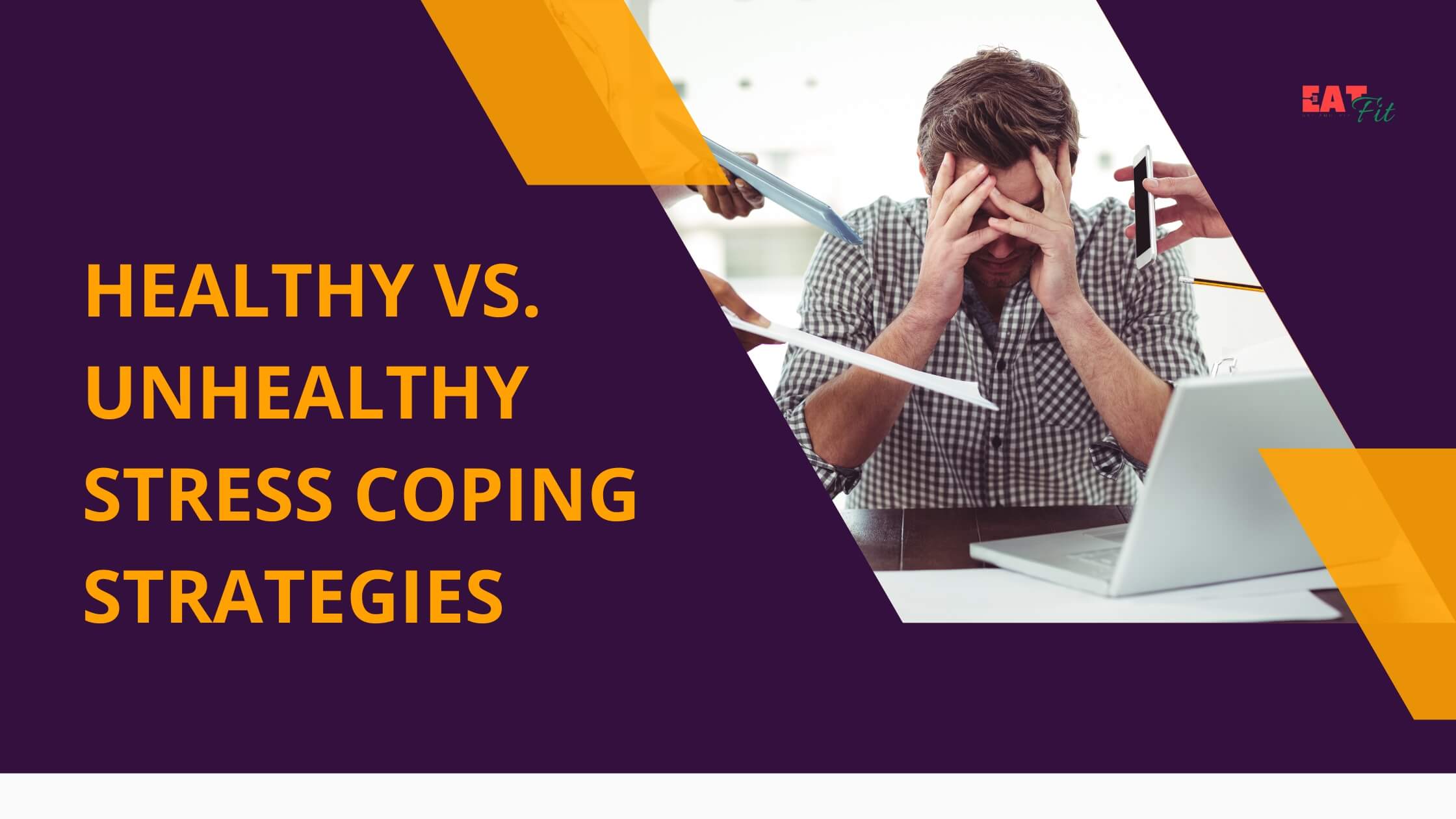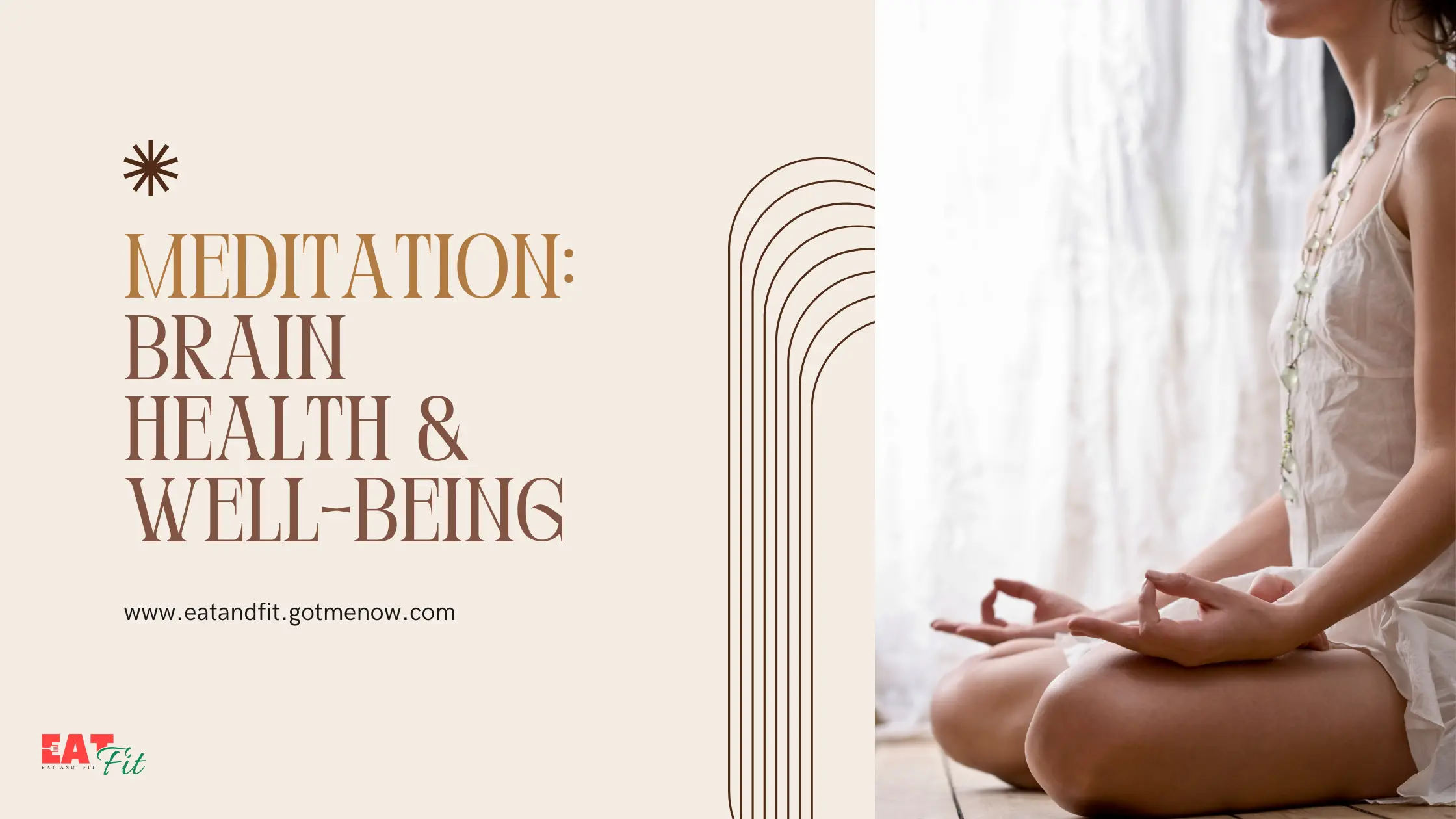Healthy and Unhealthy Coping Mechanisms for Dealing with Stress

Table of Contents
Introduction
Stress is an inevitable part of life, and it is crucial to have effective coping mechanisms in place to navigate through it. Coping mechanisms help us manage stress and maintain our mental well-being. In this blog, we will explore the difference between healthy and unhealthy coping mechanisms, and how they can impact our lives.
When we face stressful situations, how we choose to react plays a significant role in our overall well-being. Healthy coping mechanisms allow us to regain control, stay calm, and take action to address the stressors. Unhealthy coping mechanisms, on the other hand, may provide temporary relief, but they can have harmful consequences for our physical health, mental well-being, and relationships.
The purpose of this blog is to educate and empower individuals on effective coping strategies, enabling them to handle stress in constructive ways. We are proud to be part of the Mental Health Collaborative, a non-profit organization committed to promoting mental health literacy and fostering resilient communities. Through our collective efforts, we aim to decrease stigma surrounding mental health and ensure that mental health literacy is accessible to everyone.
Mental health literacy is crucial for individuals to understand and support their own mental well-being, as well as that of others. By equipping ourselves with knowledge and understanding, we can better recognize the signs of mental health issues, provide appropriate support, and seek professional help when needed.
Healthy Coping Mechanisms
When it comes to dealing with stress, it’s important to have healthy coping mechanisms in place. These strategies can help us regain control, stay calm, and take action to address the stressors in our lives. Here are some effective and constructive ways to cope with stress:
Box Breathing Technique
The box breathing technique is a simple but powerful way to reduce stress. By breathing in for four seconds, holding your breath for four seconds, breathing out for four seconds, and holding your breath for four seconds again, you can activate the calming response in your body. This technique slows down your breathing, which in turn slows down your heart rate and helps you feel more relaxed.
Five Four Three Two One Technique
The five four three two one technique is a grounding exercise that helps bring your attention to the present moment. In your head, list five things you see, four things you feel, three things you hear, two things you smell, and one thing you taste. This technique can help slow down racing thoughts and bring a sense of calm and focus.
Exercise as a Stress Reliever
Physical activity is a great way to relieve stress. When you exercise, your body releases endorphins, which are natural mood boosters. Exercise also helps to clear your mind and distract you from the stressors in your life. Whether it’s going for a run, taking a yoga class, or even just going for a walk, incorporating exercise into your routine can have a positive impact on your mental well-being.
Writing Down Feelings and Problem-Solving
Writing down your feelings and thoughts can be a powerful way to tune into your emotions and gain self-awareness. By acknowledging your feelings and making a plan to problem-solve, you can take action and address the root causes of your stress. Writing can also serve as a therapeutic outlet and help you process your emotions in a healthy way.
Taking a Break from Technology
In today’s digital age, it’s easy to get overwhelmed by constant notifications and the pressure to be connected. Taking a break from technology can help you disconnect from the virtual world and tune into your immediate surroundings. It allows you to focus on the present moment, connect with others in person, and give your mind a much-needed break from the stressors of technology.

Leaning on Relationships
Talking about what is stressing you out and seeking support from others is an important part of coping with stress. Sharing your feelings and concerns with someone you trust can provide a sense of relief and validation. It can be difficult to admit that you’re struggling, but reaching out for help is a sign of strength. Don’t hesitate to lean on your relationships for support when you need it.
Spending Time with Friends and Family
Spending quality time with loved ones can help create a sense of calm and reduce feelings of overwhelm. Even if you don’t talk about your stress, simply being around friends and family can provide a comforting and supportive environment. It reminds you that you’re not alone and gives you a chance to relax and enjoy the company of those who care about you.
Practicing Gratitude
Practicing gratitude can shift your focus from the negative to the positive. When you’re feeling stressed, take a moment to think about what you’re grateful for. It can be something simple like a beautiful sunset or a kind gesture from a friend. By acknowledging the good in your life, you can find solace and perspective amidst the stress.
Performing Acts of Kindness
Performing acts of kindness not only benefits others but also has a positive impact on your own stress levels. Acts of kindness release feel-good hormones in your body and increase your sense of connectedness and purpose. By helping others, you shift your focus away from your own problems and gain a sense of fulfillment and satisfaction.
Unhealthy Coping Mechanisms
While it’s important to have healthy coping mechanisms in place, it’s equally important to be aware of unhealthy coping mechanisms that can have negative consequences. Here are some common unhealthy coping mechanisms to watch out for:
Alcohol and Substance Abuse
Using alcohol or substances as a way to cope with stress may provide temporary relief, but it can have harmful consequences. Dependence on alcohol or substances can lead to addiction, damage relationships, and have negative impacts on physical and mental health. Seeking professional help is crucial if you or someone you know is struggling with alcohol or substance abuse.
Unhealthy Eating Habits
Turning to unhealthy eating habits, such as overeating or undereating, may seem like a way to cope with stress, but it can have a negative impact on both physical and emotional well-being. Overeating can lead to weight gain and related health issues, while undereating can deprive the body of essential nutrients and contribute to feelings of fatigue and low mood. Maintaining a balanced and nutritious diet is important for overall well-being.
Avoiding Problems Through Distractions
Using distractions, such as social media, work, television, or excessive sleep, to avoid facing and addressing the underlying causes of stress is an unhealthy coping mechanism. While distractions may provide temporary relief, they do not resolve the stress and can even contribute to increased feelings of overwhelm and anxiety. It is important to actively confront and find solutions to the problems causing stress.

Social Withdrawal
Withdrawing from social interactions when feeling overwhelmed is a natural response, but prolonged social withdrawal can have negative effects on mental health. Isolation can intensify feelings of loneliness, sadness, and stress. Seeking support from trusted friends, family, or mental health professionals can provide comfort, validation, and a fresh perspective on managing stress.
Discover Trending Health Related Articles
Aggression and Aggravation
Taking out stress on others through aggression or aggravation is an unhealthy coping mechanism that can harm relationships and escalate conflicts. Reacting with anger or frustration can lead to hurt feelings and damage trust. It is important to find healthier ways to express and manage emotions, such as through open communication, stress-reducing activities, or seeking professional counseling.
Self-Harm
Self-harm is an extremely dangerous coping mechanism that should never be used to deal with stress. It can result in severe physical harm and have long-lasting emotional consequences. If you or someone you know is engaging in self-harm, it is vital to seek immediate professional help. There are resources available to provide support and guidance in finding healthier ways to cope with stress.
Recognizing and avoiding these unhealthy coping mechanisms is essential for maintaining mental and emotional well-being. If you find yourself relying on any of these unhealthy coping strategies, it is important to seek support and guidance from mental health professionals or support groups. Remember, there are always healthier alternatives and strategies to effectively manage stress and promote overall wellness.
Conclusion
In conclusion, it is vital to reiterate the importance of healthy coping mechanisms in dealing with stress. By adopting healthy coping strategies, we can regain control, stay calm, and take action to address the stressors in our lives. These strategies, such as box breathing, the five four three two one technique, exercise, writing down feelings and problem-solving, taking a break from technology, leaning on relationships, spending time with friends and family, practicing gratitude, and performing acts of kindness, can have a positive impact on our mental well-being.
On the other hand, it is equally important to recognize and avoid unhealthy coping mechanisms that can have negative consequences. Alcohol and substance abuse, unhealthy eating habits, avoiding problems through distractions, social withdrawal, aggression and aggravation, and self-harm are all unhealthy coping mechanisms that should be addressed and avoided.
If you find yourself relying on unhealthy coping mechanisms, it is crucial to seek help and support from mental health professionals or support groups. There are always healthier alternatives and strategies to effectively manage stress and promote overall wellness.
Remember, problem-solving and strategizing are key components of healthy coping. By actively confronting and finding solutions to the underlying causes of stress, we can overcome the challenges we face. Seeking help from trusted individuals and utilizing resources provided by organizations like the Mental Health Collaborative can provide the necessary support and guidance in times of struggle.
Overall, prioritizing mental health and adopting healthy coping mechanisms is essential. By doing so, we can navigate through stress and build resilience, leading to improved well-being and a more fulfilling life.
FAQ
When should I seek professional help for stress?
If you find that stress is significantly impacting your daily life, relationships, or physical health, it may be time to seek professional help. Additionally, if you experience symptoms such as persistent anxiety, depression, difficulty sleeping, or thoughts of self-harm, it is crucial to reach out to a mental health professional.
Where can I find help for coping with stress?
There are various resources available for coping with stress. You can start by reaching out to your primary care physician, who can provide you with referrals to mental health professionals. Additionally, community mental health centers, counseling centers, and online therapy platforms are valuable sources of support. Support groups and helplines can also offer guidance and provide a listening ear.

What can I expect when seeking help for stress?
When seeking help for stress, you can expect to engage in conversations with a mental health professional who will listen to your concerns and work with you to develop coping strategies. They may use evidence-based therapies such as cognitive-behavioral therapy (CBT) or recommend medication if necessary. The professional will create a safe and supportive environment for you to explore your stressors and develop healthy coping mechanisms.
Why is mental health literacy important in coping with stress?
Mental health literacy is essential in coping with stress because it provides individuals with the knowledge and understanding needed to recognize when stress becomes overwhelming and when it is necessary to seek professional help. By increasing mental health literacy, individuals can develop a broader range of coping strategies and learn to support themselves and others effectively.









